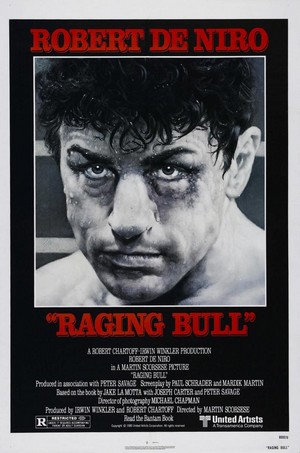
Raging Bull (1980)

Raiting: ![]() 8,1 /10
8,1 /10
Genre: Biography
Director: Martin Scorsese
Stars: Robert De Niro, Joe Pesci and Cathy Moriarty
Country: United States
Release date: 14 November 1980
Length: 129 minutes
Top cast - Raging Bull (1980)

Bernie Allen
Comedian

Lori Anne Flax
Irma


